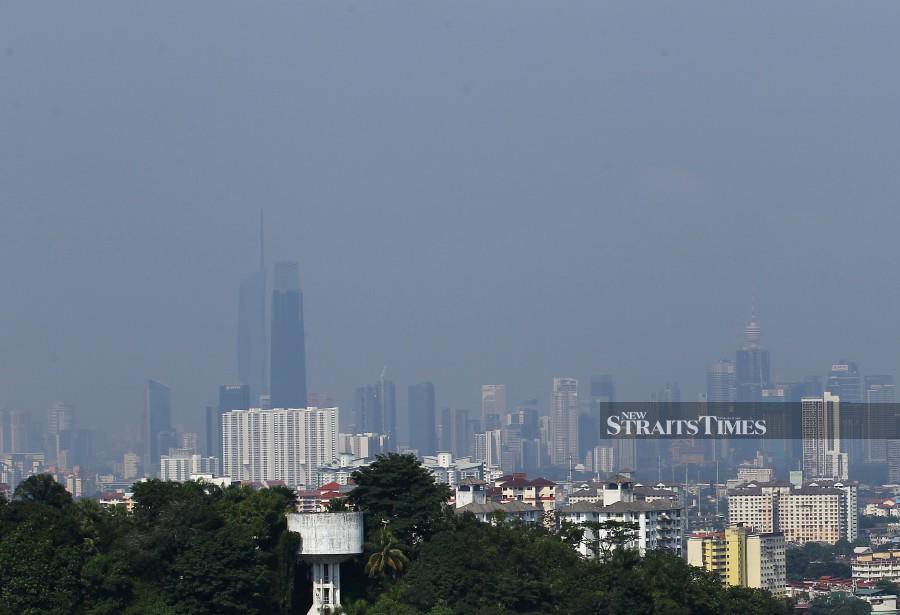KUALA LUMPUR: The government appears to be undecided on the legal mechanism to tackle transboundary haze, which envelopes the country each year.
A parliamentary written reply supposedly issued by the Natural Resources, Environment and Climate Change Ministry and quoting minister Nik Nazmi Nik Ahmad, which was published online yesterday, said it had decided against the tabling of the Transboundary Haze Act.
The decision, he said, was made after considering feedback from the Attorney-General's Chambers (A-GC) and legal experts' perspectives, focusing on the challenges associated with prosecution.
Hours later, however, media houses were told to retract the earlier article, due to reasons best known to the ministry officials.
This has fuelled concerns about its commitment in addressing the problem, further raising questions on the country's haze mitigation efforts.
It's not all doom and gloom, however, said an expert.
Malaysian Bar Council Environment and Climate Change Committee deputy chair Kiu Jia Yaw said while the enactment of the bill had yet to be decided, the government should focus on the data management aspect.
"The law ought to be looked at not just from the criminal prosecution aspect, but the availability of data, which would be the game changer.
"It would be helpful to the government, as under the law, it could require Malaysian corporate actors to operate in sensitive industries overseas to disclose their sustainability data either through regular disclosure or on a case-by-case basis," said Kiu, who is also co-chair of the Malaysian CSO-SDG Alliance.
He said clear data would help prove the environmental, social and human rights responsibilities of entities and could overall help reduce the impact the industry would have on the community and the environment.
Meanwhile, he said, the Agreement on Transboundary Haze Pollution (ATHP), could be further improved with an additional section that would provide some legal mechanism so that the rule of law on business activities across the Asean region was applied, with basic right to clean air and environment was respected.
"ATHP is legally binding but when it was drawn up in 2002, Asean was young and the focus was more on getting out of poverty.
"Now Asean is much more sophisticated with many transnational corporations that comply with Malaysian Sustainable Palm Oil (MSPO) and Indonesia Sustainable Palm Oil (ISPO) regulations."
ATHP is aimed at preventing and monitoring transboundary haze pollution as a result of land and forest fires through concerted national efforts and intensified regional and international co-operation.
Signatory states have general obligations of, among others, to respond promptly to a request for relevant information or consultations sought by affected countries when the transboundary haze pollution originated from within their territories, as well as the identification of fires, development of monitoring, assessment and early warning systems; exchange of information and technology, and the provision of mutual assistance.






